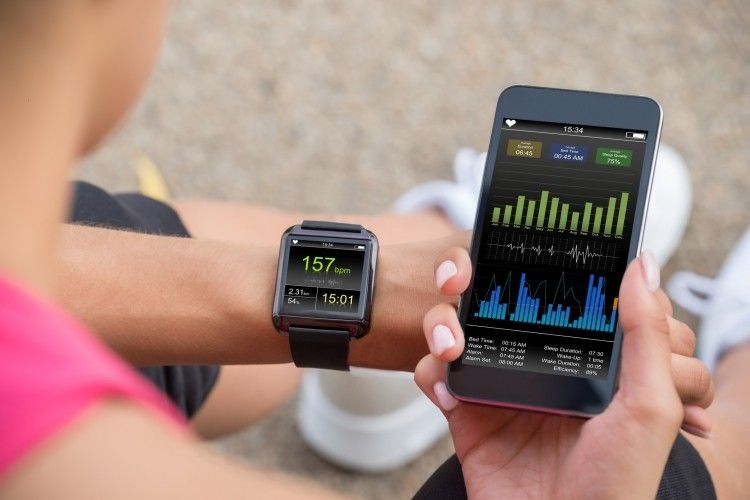AI and Wearable Devices: Tracking Health and Nutrition in Real-Time

In the digital age, wearable devices have become increasingly popular for tracking various aspects of our health. When combined with artificial intelligence (AI), these devices offer powerful tools for real-time monitoring and analysis of health and nutrition data. In this blog post, we'll explore how the integration of AI and wearable devices revolutionizes the way we track and optimize our health and nutrition.
The Power of Wearable Devices:
Wearable devices such as fitness trackers, smartwatches, and health monitoring devices have become ubiquitous in our lives. These devices collect valuable data on metrics like heart rate, sleep patterns, steps taken, and calories burned. Wearable devices act as personal health assistants, providing insights into our daily activities and facilitating a holistic approach to health management.
AI in Health and Nutrition Tracking:
AI algorithms enhance the capabilities of wearable devices by processing and interpreting the vast amounts of data collected. By analyzing patterns and trends, AI can provide meaningful and actionable insights regarding our health and nutrition. AI-powered apps, such as SnapCalorie, leverage this technology to offer personalized nutrition tracking, goal setting, and feedback based on the data obtained from wearable devices.
Real-Time Feedback and Adaptation:
The integration of AI and wearable devices enables real-time feedback and adaptation. AI algorithms analyze the data collected by wearables and provide immediate feedback on our nutrition and health choices. This real-time guidance empowers us to make informed decisions about our diet, physical activity, and overall well-being. With AI and wearable devices, we can adjust our behavior on the go to optimize our health outcomes.
Personalized Recommendations and Goal Setting:
AI algorithms, combined with wearable devices, can offer personalized recommendations and goal setting based on individual data. These recommendations may include dietary adjustments, exercise routines, and lifestyle modifications. By tailoring advice to our specific needs, AI helps us achieve our health and nutrition goals more effectively and efficiently.
Challenges and Future Possibilities:
While AI and wearable devices hold great promise, challenges such as data privacy, accuracy, and user engagement must be addressed. However, ongoing advancements in AI technology and wearable devices offer exciting opportunities. The future may see the integration of AI and wearables becoming even more seamless, allowing for deeper insights and more comprehensive health and nutrition management.
The combination of AI and wearable devices brings revolutionary advancements in health and nutrition tracking. By leveraging the power of AI algorithms and wearable technology, we can gain real-time insights, receive personalized recommendations, and adapt our behavior accordingly. Embrace the potential of AI and wearable devices to take control of your health and nutrition, and optimize your well-being like never before.
Tired After Eating? Find out Why: "Is Falling Asleep After Eating a Sign of Diabetes?"